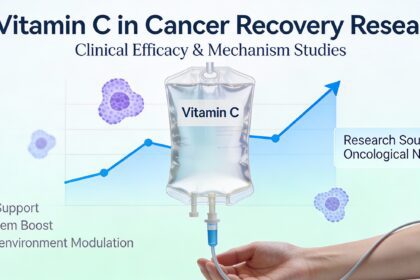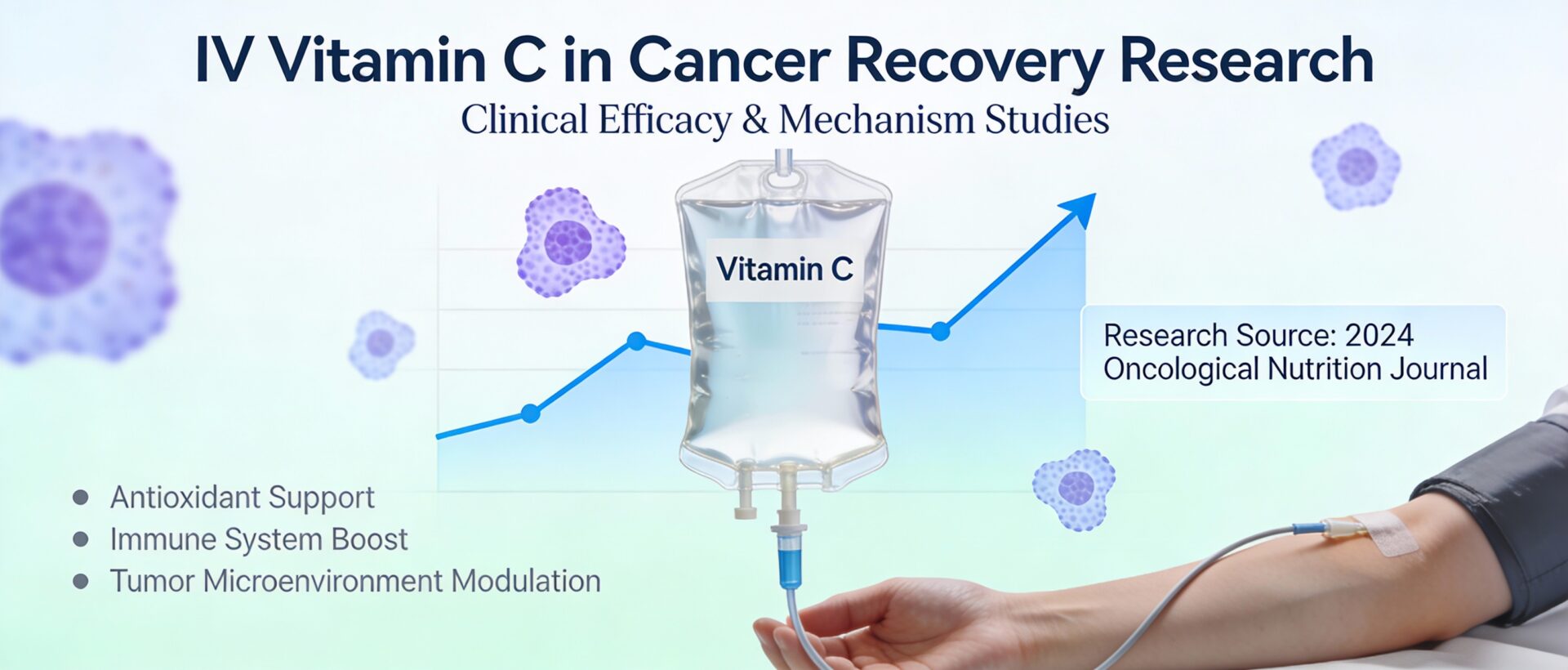Athletes today are intensely focused on sports performance and enhancements. Marketing has made its’ way into media, promoting, and pushing performance and recovery products. There has been a rise in the popularity of performance tools and supplements to prevent muscular fatigue and promote muscle recovery. Supplements can give athletes a competitive edge and improve their endurance, speed, focus, and strength. Wherever there is a source of media, there is a good chance of seeing a professional athlete consuming a product or supplement. Joe Weider’s Olympia Fitness and Performance Weekend, a competition known for its Mr. Olympia Award, hosts some of the greatest bodybuilders competing for the highest award. These athletes are sponsored by various nutrition companies that push the envelope in performance supplements to help give the athlete a competitive advantage. Nutrition companies focus on sponsoring an athlete and displaying products for the masses to help them become a better version of themselves. Pre-workout is a popular supplement product that athletes use for energy in various activities. Looking at pre-workout nutrition labels can be overwhelming for people unfamiliar with the ingredients. However, some highlights on a nutrition label to improve performance that are meaningful to athletes are Caffeine, Creatine, and L-Citrulline dosages. However, despite their recent popularity, there is one of these supplements that some might avoid. It is heavily associated with a tingling sensation. It can help prevent muscle fatigue in moderate to vigorous intensity activities. It’s not caffeine that supplies the tingles. It’s Beta Alanine, a naturally occurring beta amino acid. Beta-Alanine is produced in the liver and acquired in diet by consuming poultry and meat. Beta-Alanine has recently risen in popularity as one of the most popular ingredients in sports nutrition. Its’ popularity began rising just before the 2008 Olympic games when it was used to help swimmers delay fatigue. Since then, beta-alanine supplementation has been studied intensively. It has been shown to enhance anaerobic athletic performance to a high degree.
Why does it cause a sensation of tingling? Some fear that there something occurring in the body that may be harmful to consumers. Beta-Alanine is most known for giving people its’ characteristic tingling sensation. This sensation associated with supplementation is called Paresthesia. Many in the fitness industry refer to this sensation as “pre-workout itches.” Those who take a pre-workout supplement or product that includes moderate-to-high doses beta-alanine will experience this sooner or later. This side effect may be a concern for some, but no harmful effects have been shown with beta-alanine use and supplementation. A hypothesis from a 2021 study suggested that beta-alanine activates Mas-related genes or the sensory neuron receptors in mast cells under the skin. This activation of Mas-related genes causes consumers to tingle. Although the strange feeling of tingling with beta-alanine use may have consumers concerned and worried, the safety concerns are quite low with paresthesia, and no evidence has been found to support harmful effects.
There is common knowledge in human performance circles about how intense exercise maximizes the buildup of lactic acid in muscle cells, causing fatigue. Although it is familiar that exercise accumulates a buildup of lactic acid, it is not a primary factor that drives muscular fatigue. Research from 2020 stated that if the muscles could not produce lactate, muscle fatigue would occur more quickly, and exercise performance could be significantly impaired. Hydrogen ion buildup causes muscle fatigue. Beta-alanine is the precursor to the synthesis of carnosine. Carnosine, a protein found in skeletal muscle in the human body, functions by creating an acid-base homeostasis through intramuscular hydrogen ion buffering capacity. This acid-base homeostasis ensures a balance between exercise and the buildup of fatigue. Carnosine has a limited ability to be reabsorbed by muscles. So, while it may be valuable and essential, it gets synthesized in the skeletal muscle, thus creating muscular fatigue. Beta-Alanine consumption and supplementation are absorbed into the skeletal muscle to increase carnosine levels. This resupply action allows athletes to participate in high-intensity activities for extended periods, surpassing the limit where fatigue usually occurs. Beta-Alanine allows athletes to delay the onset of muscular fatigue in intense exercise and can be used in a medical setting, delaying fatigue in older patients and populations, according to a 2012 paper. Older adults have struggles participating in Activities of Daily Living (ADLs) because their muscles fatiguing more quickly than younger people. Beta-alanine can improve functional performance in older adults, increase carnosine levels, and delay the onset of muscular fatigue.
Anyone participating in anaerobic or aerobic activities of high intensity would benefit the greatest from beta-alanine supplementation. Examples of activities include Olympic lifts, sprints, swimming, cycling, and rowing. Continued use at a steady rate dose for an extended period can help physical activity capacity at the fatigue threshold. In 2022, a study was published on the dosage and supplementation of Beta-Alanine required to increase performance. This research study was based on the supplementation strategy that a loading dose of 6g daily for a minimum of two weeks would increase muscle carnosine concentrations. Higher carnosine concentrations would be seen after four weeks of supplement use. Fifteen studies were included in the article, which reported the results of 57 measures and 23 exercise tests. The study included three hundred sixty participants and 18 supplementation regimes. One hundred seventy-four participants were a part of the Beta-alanine supplementation group, and 186 were placed in the placebo supplementation group. One study examined the effects of 28 days of Beta-Alanine supplementation on the working capacity at the fatigue threshold. Twenty-two women participated and were either assigned to the Beta-Alanine or Placebo group. Before supplementation, the participants performed an ergometry test to exhaustion to determine Ventilatory Threshold, Physical Working Capacity at Fatigue Threshold, Maximal Oxygen Consumption, and Time to Exhaustion. The test group showed a 13.9, 12.6, and 2.5% increase in PWCFT, VT, VO2MAX, and TTE, while the placebo showed little to no changes. As previously noted, studies involving Beta-Alanine supplementation concluded that Beta-Alanine supplementation delayed neuromuscular fatigue and maximal workloads and maximized TTE during maximal physical performance. An interpretation of this study is that Beta-Alanine supplementation helps improve performance in the open end-point task trials lasting between 1 and 4 minutes and could be beneficial for people who undergo prolonged and vigorous exercise. A dose of 4 to 6 grams daily for a minimum of two weeks could benefit athletes with a 20-30% increase in carnosine concentrations.
Beta-Alanine has risen in popularity as one of the most popular ingredients in sports nutrition. Beta-Alanine is a powerful and reliable ingredient for many people, ranging from strength/power athletes to older adults and high-intensity athletes. Beta-Alanine consumption and supplementation are absorbed into the skeletal muscle to increase carnosine levels. This resupply action allows athletes to participate in high-intensity activities for extended periods. The ergogenic benefits of beta-alanine are most prominent in athletes by delaying the beginning of muscular fatigue. A spike in carnosine levels delays the rise of muscle fatigue and promotes anaerobic and aerobic activity. Not only is beta-alanine essential for people seeking a competitive edge in sports, but its potential health benefits for older adults are also beginning to be researched and studied. Studies have displayed a relationship between carnosine concentrations and fatigue rates in older adults. Aging has often been associated with progressing to a slower muscle type and lower carnosine levels, which leads to a higher fatigue rate. With beta-alanine supplementation, the body can increase carnosine concentration, a protein functioning by creating acid-base homeostasis through pH control. A rise in carnosine concentration has helped improve muscle endurance in older adults. Correct beta-alanine supplementation and use can help prevent muscular fatigue and help people compete and perform at moderate-to-high intensities.
References
Science, S. and E. (2012, August). Β-alanine supplementation : Current Sports Medicine Reports. LWW. Retrieved October 28, 2022, from https://journals.lww.com/acsm-csmr/Fulltext/2012/07000/__Alanine_Supplementation.10.aspx
Tiller, N. B. (2020). Ch.3 Logical Fallacies in Sports Science. In The Skeptic’s Guide to Sports Science: Confronting Myths of the Health and fitness industry. essay, Routledge/Taylor & Francis Group.
Trexler, E. T., Smith-Ryan, A. E., Stout, J. R., Hoffman, J. R., Wilborn, C. D., Sale, C., Kreider, R. B., Jäger, R., Earnest, C. P., Bannock, L., Campbell, B., Kalman, D., Ziegenfuss, T. N., & Antonio, J. (2015, July 15). International Society of Sports Nutrition Position Stand: Beta-alanine. Journal of the International Society of Sports Nutrition. Retrieved October 28, 2022, from https://www.ncbi.nlm.nih.gov/pmc/articles/PMC4501114/#CR61
























